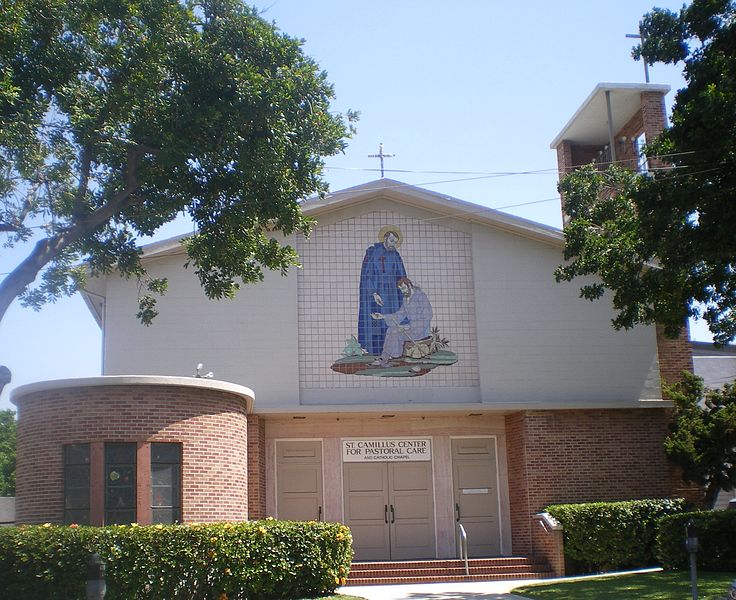Key Difference – Pastoral Care vs Counseling
Although pastoral care and counseling both offer emotional support, there is a key difference between the two. Pastoral care involves services performed by a pastor, often rooted in religion, whereas counseling is a process led by a professionally trained counselor, rooted in counseling psychology. Here are three key takeaways:
- Pastoral care is often more appealing than professional counseling since it is accessible to all people and pastors are generally trusted and respected by society.
- Counseling follows a strict code of ethics, including confidentiality, and often requires the counselor to develop specific skills and qualities, such as empathy and unconditional positive regard.
- While pastoral care may involve some counseling, it is not the sole focus and extends to other areas such as caring for the sick and engaging in social activities.
What is Pastoral Care?
Pastoral care can be defined as the services that are performed by a pastor. In Christianity, the pastor is viewed as a shepherd who guides the people of all walks of life. This implies a form of religious or spiritual counseling that assists people to get through difficult times. The care of a pastor is not limited to the provision of sermons but extends to many areas. For instance, helping people through counseling, caring for the sick and engaging in social activities highlight the role of a pastor.
Pastoral care can be more appealing than professional counseling as pastoral care is available and accessible to all people. Since pastors are trusted and respected by the society, people can be more open with them. During seminary training, pastors are exposed to counseling that assists them in helping people.
What is Counseling?
Counseling can be defined as a process in which a counselor guides the counselee for him to find solutions to a problem that he is facing. However it is vital to highlight that in this process, the counselor would merely act as a guide and not as an advisor. It is not the duty of the counselor to advise the counselee to follow a course of action. On the contrary, he will point out the options available for the counselee and weigh the pros and cons of these options along with the counselee so that he can come to an informed decision.
In the profession, counseling ethics is considered as mandatory as in any other profession. Since a counselor often experiences moral dilemmas due to the various issues brought about by the counselee, it is very important to follow these codes of ethics. One of the key ethics is confidentiality. The counselor should not disclose any of the personal information of the counselee or use the information for personal gain. A breach of confidentiality can only be arrived at in the case of an extreme situation such as abuse or suicidal thoughts etc. Even in such a situation the counselor needs to adhere to the laws of the region.
Counselors need to develop special skills in order to be effective. For example in humanistic psychology qualities such as unconditional positive regard and empathy are considered as core values that should be developed to be good counselors. This allows the counselor to understand the counselee without sympathizing. It also assists him to be nonjudgmental and understanding.
What is the Difference Between Pastoral Care and Counseling?
Definitions of Pastoral Care and Counseling:
Pastoral Care: Pastoral care refers to the services that are performed by a pastor.
Counseling: Counseling can be defined as a process in which a counselor guides the counselee for him to find solutions to a problem that he is facing.
Features of Pastoral Care and Counseling:
Roots:
Pastoral Care: Pastoral care has its roots in religion.
Counseling: Counseling has its roots in counseling psychology, a scientific discipline.
Professional training:
Pastoral Care: Pastors do not gain professional training, although some exposure to counseling is gained in seminary training.
Counseling: Counselors gain professional training that equips them to handle all types of difficult situations and dilemmas.
Openness:
Pastoral Care: In pastoral care, people are more open as the pastor is well respected and trusted.
Counseling: In counseling, since the counselor is a stranger it takes time to build the trust.
